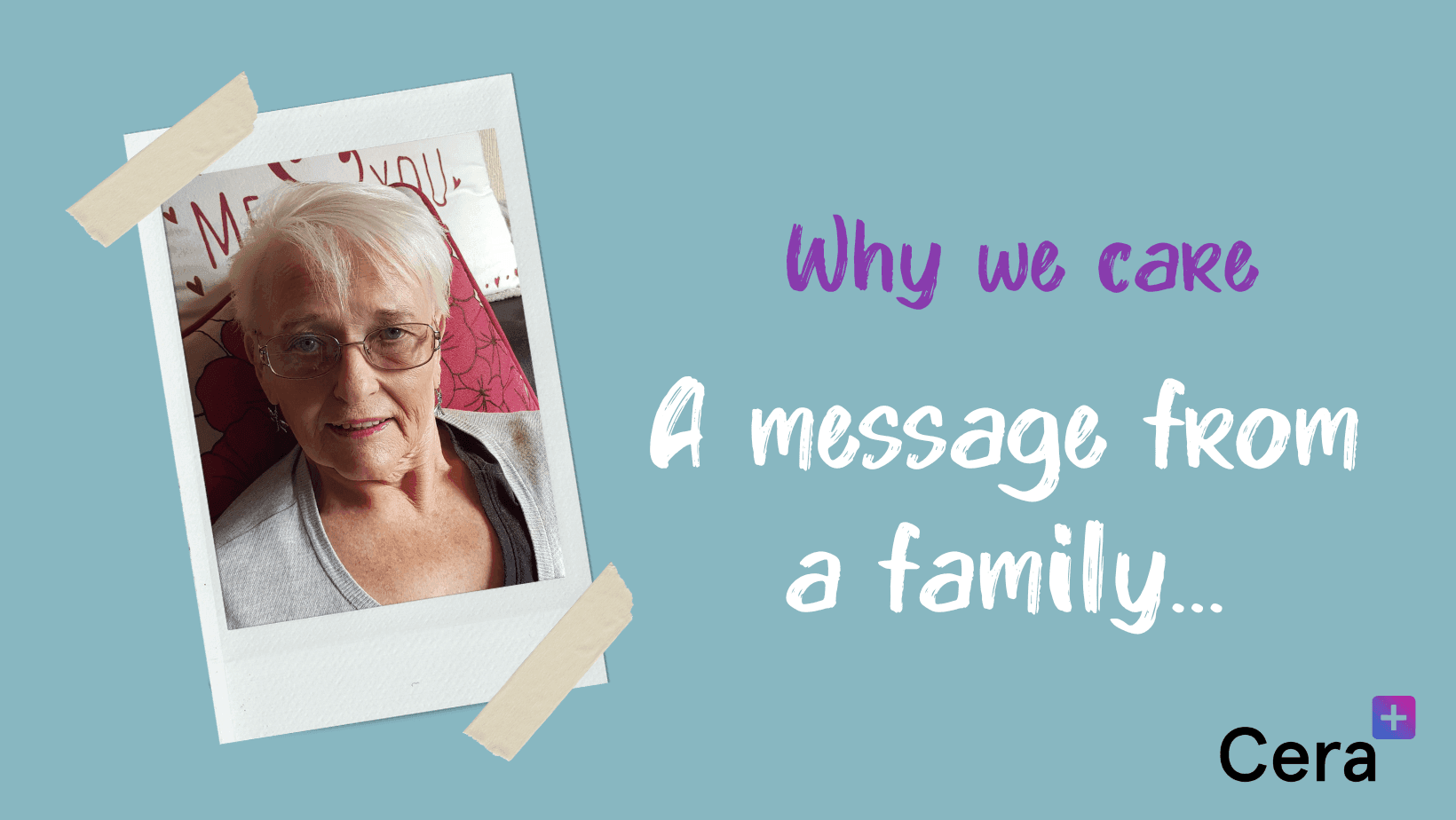World Parkinson's Day Signs, Stages and Support Available
World Parkinson’s Day takes place on the 11th April every year, to raise awareness and spread information about the reality of living with the disease.
What is Parkinson's disease?
Parkinson’s is a progressive disorder that affects the nervous system. Parts of the brain become damaged over many years. This is caused by a loss of nerve cells in the brain, leading to a reduction of dopamine production in the brain, which is vital in regulating the movement of our bodies.
Parkinson’s disease usually occurs in older people, the biggest risk factor for the disease is age. However, younger people can also be affected, this is called Young-Onset Parkinson’s Disease (YOPD). Currently, between 3% to 6% of all Parkinson’s cases are reported to be YOPD. The risk of developing Parkinson's disease is twice as high in men than women, and the current overall lifetime risk is 2.7%. There are currently no facts as to why men are more likely to develop the disease, but it is believed to be due to biological and lifestyle factors.
The impact that Parkinson’s disease has usually increases over time, and it can move at different paces for different people. It can affect movement, balance, mental health, sleep, pain, and many people with Parkinson’s can also develop dementia.
What are the symptoms of Parkinson's?
Signs of Parkinson’s disease usually start slowly, and may go unnoticed at first. The main symptoms affect physical movement. Some physical symptoms include:
- Tremors - these usually begin in the hands, but can occur in arms, legs, jaw and head. This is more likely to occur when relaxed or resting.
- Muscle stiffness - muscles remain contracted for a long time.
- Slow movement - physical movement is much slower than usual, making everyday tasks more difficult.
- Loss of balance and coordination - this can lead to falls or injuries.
- Nerve pain - sensations may include burning, coldness or numbness.
There are also mental symptoms of Parkinson’s disease, these can include:
- Depression
- Anxiety
- Issues with planning and organisation
- Slight memory issues or dementia
- Visual hallucinations

The 5 stages of Parkinson's
In 1967, Parkinson’s disease was defined in 5 stages, early stages, mid-stage and advanced stages, using the Hoehn & Yahr scale. This is based on symptom progression, to help evaluate how the illness advances in a patient.
Stage One This is the mildest form of Parkinson’s. A distinct symptom may be tremors or difficulties with movement that are only on one side of the body. Changes in posture, walking and facial expressions may occur. However, symptoms will not interfere with daily activities, and may even go unnoticed.
Stage Two At the moderate stage, symptoms are much more noticeable. Tremors, stiffness and difficulties with movement can now be felt on both sides of the body. Changes in facial expressions can occur. Independence and living alone is still manageable, however some tasks may take longer to complete.
Stage Three This is considered mid-stage. Symptoms have now increased, and unsteadiness and loss of balance is more apparent. Movement becomes slower and there may be restrictions on certain activities. Daily tasks are significantly affected, but still achievable.
Stage Four At the developed stage of Parkinson’s, independence is limited further. Many people are unable to live alone, and require assistance with walking to ensure their safety. Significant help with daily activities is required.
Stage Five This is the most advanced stage of Parkisons’s disease. Stiffness and freezing muscles may make it impossible to stand or walk. Up to 50% of those with Parkinson’s may experience confusion and hallucinations at this stage and dementia can also be common. Care is required around-the-clock.
How we care for those with Parkinson's
At Cera, our mission is to enable people to live longer, healthier lives in their own homes. We work closely with our service users, their loved ones and other healthcare professionals to ensure we provide effective care, tailored to each service user's individual needs.
Whether helping around the house and having a chat with a cup of tea, cooking and assistance on days out, or personal care like dressing and bathing, our care assistants can support those throughout all stages of Parkinson’s disease.
Our carers can provide a wide range of care types depending on an individual’s needs, from live-in care, extra care, to nursing and complex care and supported living, we prioritise the wellbeing of our service users. Find out more about the types of care we offer here.
We care for those with Parkinson's the way we would any other client. With compassion, kindness and a plan that is personalised to their individual needs. To find out more, why not speak to your local branch about the care they can offer.
To support caring for those with Parkinson’s and research of the disorder, visit Cure Parkinsons, Parkinson’s Care and Parkinson’s UK to learn about their research of treatments, their support of those affected and their work towards a cure.
More about working in care

Nutrition and Hydration - Essential Care for the Elderly
Good nutrition and hydration is vital for everyone, and it's especially important for elderly individuals.
Why we care - a message from a family
A family's note of thanks to the carers who provided comfort, dignity, and peace during their gran's final days.

